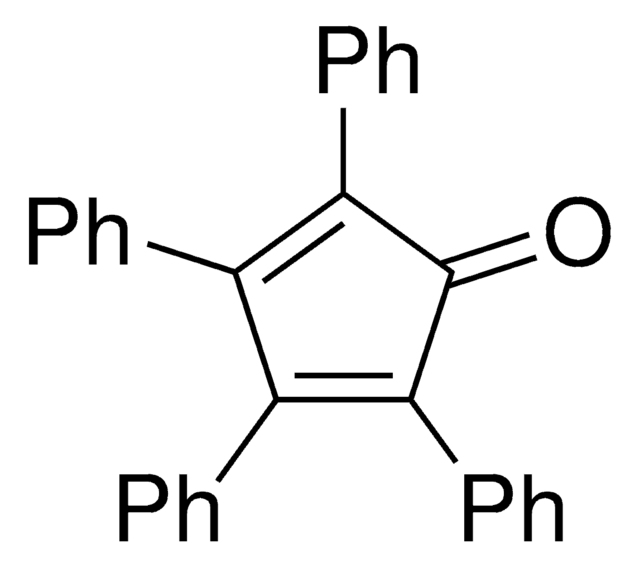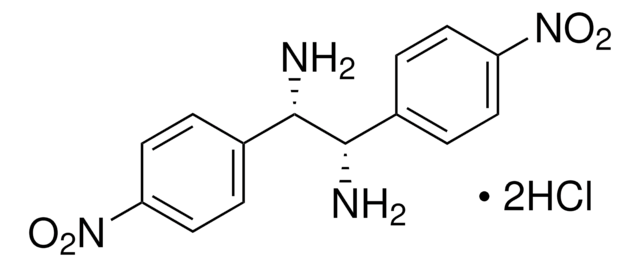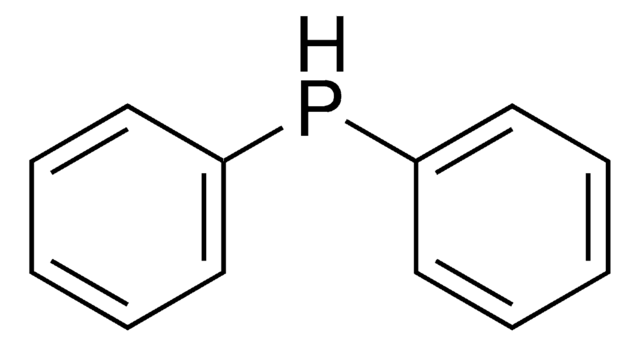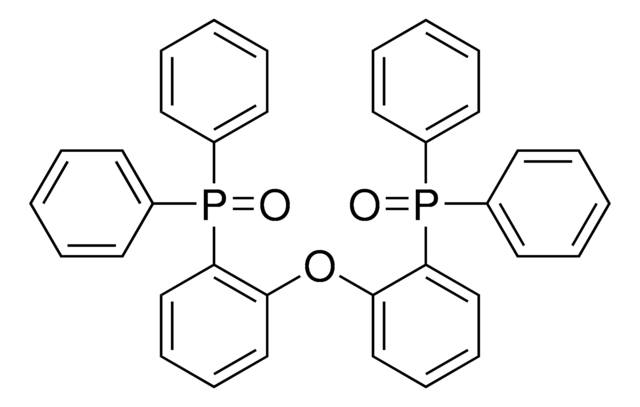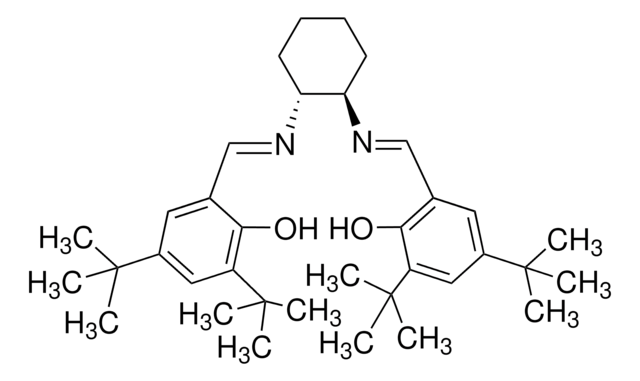901342
PPF
Synonym(s):
2,8-Bis(diphenylphosphineoxide)dibenzofuran
About This Item
Recommended Products
assay
97%
Quality Level
form
powder or crystals
SMILES string
[P](=O)(c7ccccc7)(c6ccccc6)c1cc2c([o]c3c2cc(cc3)[P](=O)(c5ccccc5)c4ccccc4)cc1
InChI key
AIAJGVRFXREWPK-UHFFFAOYSA-N
Related Categories
General description
Storage Class
11 - Combustible Solids
wgk_germany
WGK 3
flash_point_f
Not applicable
flash_point_c
Not applicable
Choose from one of the most recent versions:
Certificates of Analysis (COA)
It looks like we've run into a problem, but you can still download Certificates of Analysis from our Documents section.
If you need assistance, please contact Customer Support.
Already Own This Product?
Find documentation for the products that you have recently purchased in the Document Library.
Articles
Professor Chen (Nankai University, China) and his team explain the strategies behind their recent record-breaking organic solar cells, reaching a power conversion efficiency of 17.3%.
Our team of scientists has experience in all areas of research including Life Science, Material Science, Chemical Synthesis, Chromatography, Analytical and many others.
Contact Technical Service
